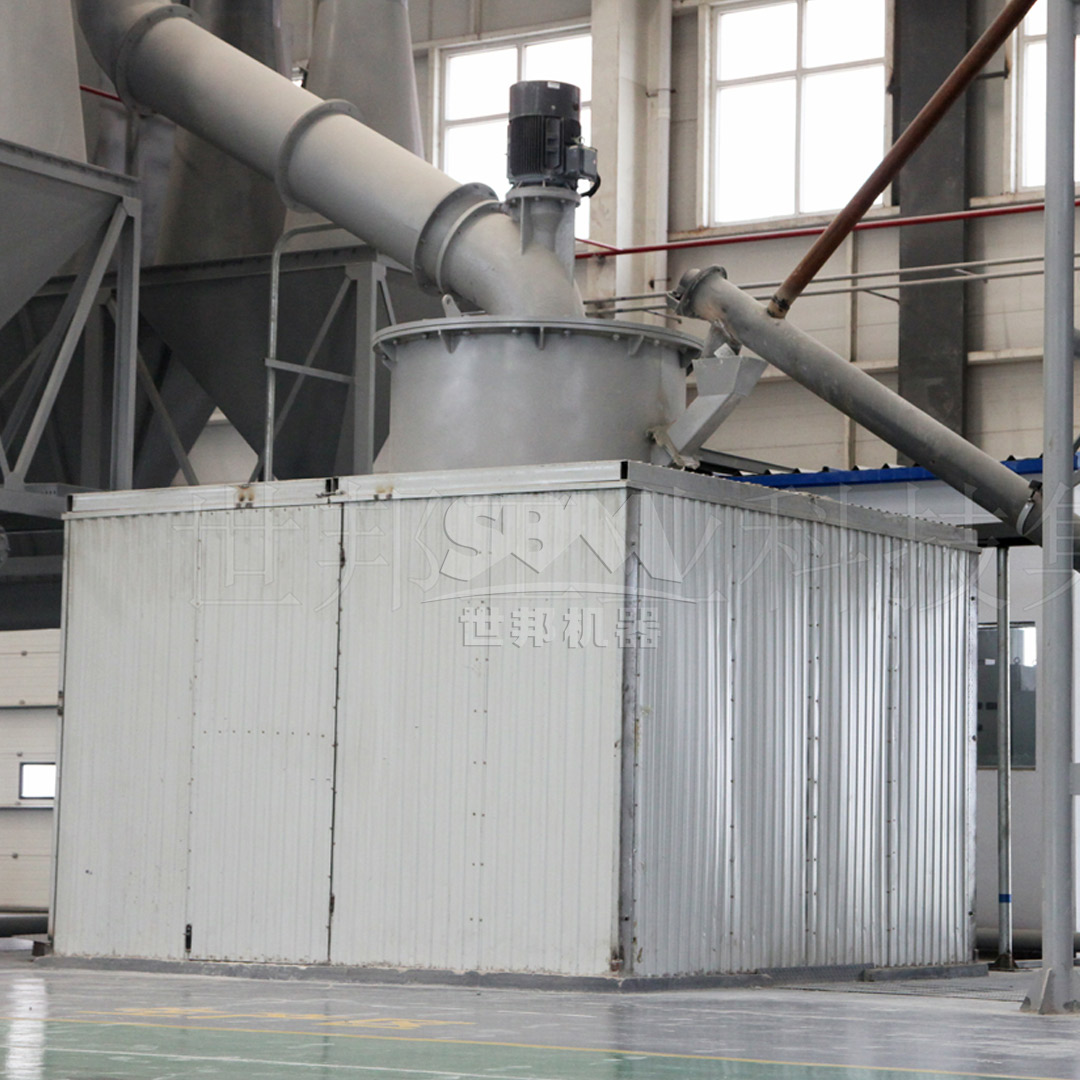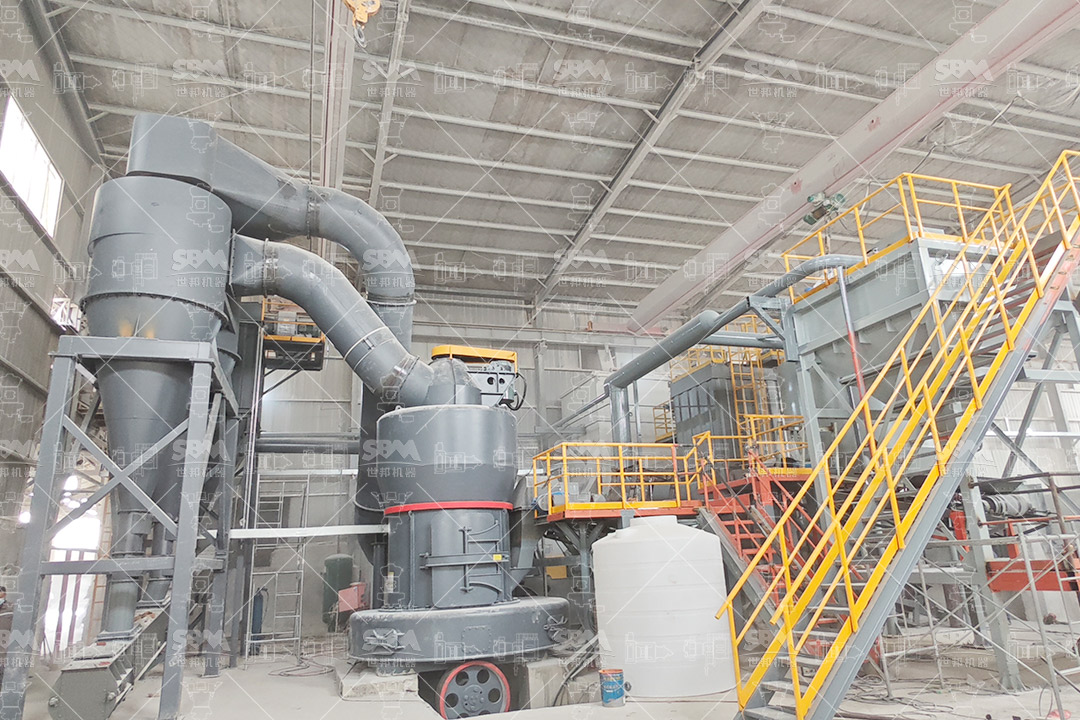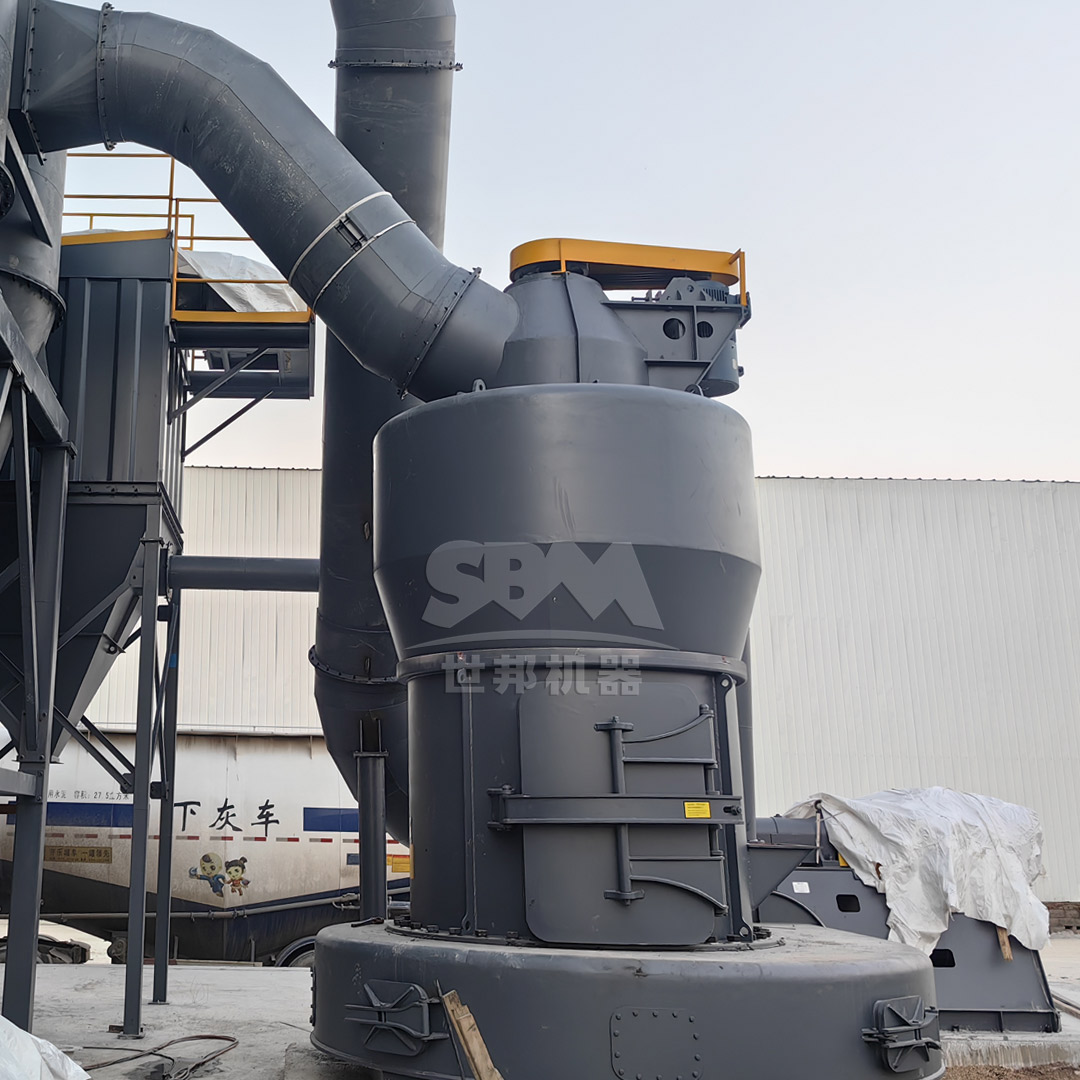September 19, 2025
Introduction
The production of pharmaceutical-grade calcium carbonate demands exceptional precision, consistency, and purity. This essential excipient, used as a diluent in tablets and capsules, must meet stringent pharmacopeial standards (USP/NF, Ph. Eur.) for heavy metal content, particle size distribution (PSD), and chemical purity. The journey from raw limestone to a compliant, high-value powder is technologically intensive, with the milling process being the most critical stage. This article explores the technical challenges in producing ultrafine calcium carbonate and how advanced milling technology, specifically our SCM Ultrafine Mill, provides an optimized solution for manufacturers seeking efficiency, reliability, and superior product quality.
The Criticality of Particle Size in Pharmaceutical Applications
For calcium carbonate used in solid dosage forms, particle size and distribution are not merely specifications—they are critical quality attributes (CQAs). They directly influence key properties:
- Flowability and Blend Uniformity: A narrow, consistent PSD ensures uniform mixing with active pharmaceutical ingredients (APIs), preventing segregation and ensuring dosage consistency.
- Compressibility: The particle morphology and size affect how the powder compacts during tablet pressing, influencing tablet hardness, disintegration time, and friability.
- Bioavailability: While calcium carbonate itself is not typically absorbed, its behavior in the gastrointestinal tract can be affected by surface area and dissolution rate.
Achieving a target fineness of D97 ≤ 5µm (2500 mesh) with high throughput is a significant engineering challenge that conventional milling equipment like ball mills or Raymond mills struggle to meet efficiently.
Challenges of Traditional Milling Methods
- Ball Mills: Can achieve fine grinds but are energy-intensive, have high wear rates (leading to metallic contamination), and produce a broad PSD that requires subsequent classification.
- Raymond Mills (Vertical Roller Mills): More efficient than ball mills but typically have a lower fineness ceiling, often maxing out around 400-600 mesh. They can also struggle with product consistency at the very top end of their range.
- Jet Mills: Produce very fine, clean powder but are extremely energy-consuming and have relatively low capacity, making them costly for high-volume production.
The SCM Ultrafine Mill: An Engineered Solution
Our SCM Series Ultrafine Mill is specifically designed to overcome the limitations of traditional equipment for producing high-value mineral powders like pharmaceutical-grade calcium carbonate. It represents a leap forward in grinding technology, combining high efficiency, precision classification, and operational reliability.

Core Technical Advantages
The SCM Mill’s design incorporates several key features that make it ideal for pharmaceutical-grade production:
- High-Efficiency Grinding Mechanism: The mill utilizes a unique three-ring grinding structure. The main motor drives the turntable, causing the rollers to rotate. Material is fed into the grinding chamber and is crushed by the rollers through centrifugal force, undergoing multiple layers of grinding for exceptional fineness and a narrow PSD.
- Precision Integrated Classifier: A high-precision turbo classifier is integral to the system. It ensures sharp particle size cuts, preventing coarse particles from contaminating the final product. The fineness can be easily adjusted between 325 to 2500 mesh (45-5µm) via a frequency controller, allowing for flexible production to meet different specifications.
- Superior Wear Resistance & Purity: The grinding rollers and rings are forged from high-quality alloy materials, offering a service life several times longer than conventional parts. Crucially, the grinding chamber features a bearing-free screw design, eliminating a primary source of lubricant contamination and ensuring the final powder meets strict purity standards for heavy metals.
- Energy Efficiency & Environmental Compliance: The SCM Mill’s grinding principle is significantly more efficient than jet milling, offering twice the capacity with 30% lower energy consumption. A pulse dust collector with an efficiency exceeding 99.9% ensures emissions are well below international standards. Furthermore, soundproof housing maintains noise levels below 75 dB, creating a better working environment.

Model Specifications for Calcium Carbonate Production
| Model |
Handling Capacity (t/h)* |
Main Motor Power (kW) |
Input Size (mm) |
Output Fineness (mesh) |
| SCM800 |
0.5 – 4.5 |
75 |
≤20 |
325-2500 |
| SCM900 |
0.8 – 6.5 |
90 |
≤20 |
325-2500 |
| SCM1000 |
1.0 – 8.5 |
132 |
≤20 |
325-2500 |
| SCM1250 |
2.5 – 14 |
185 |
≤20 |
325-2500 |
| SCM1680 |
5.0 – 25 |
315 |
≤20 |
325-2500 |
*Capacity is based on grinding calcium carbonate with a moisture content of less than 10% and a bulk density of 1.6t/m³ to a fineness of D97 ≤ 10µm.
A Complete Production Line Solution
Producing pharmaceutical-grade powder requires more than just a mill; it requires a integrated system. For a complete calcium carbonate processing line, we recommend a system that pairs our SCM Ultrafine Mill with our MTW Series Trapezium Mill for a two-stage grinding process, optimizing both efficiency and final product quality.
- Primary Crushing & Grinding (MTW Series Mill): Large limestone lumps (≤50mm) are first reduced to a coarse powder (30-100 mesh) using the MTW Series Trapezium Mill. This mill is renowned for its high capacity (3-45 t/h), durability, and low operating costs, making it perfect for the initial size reduction stage. Its curved duct design minimizes energy loss, and its combined blade system reduces maintenance costs.
- Final Ultrafine Grinding (SCM Series Mill): The coarse powder from the primary stage is then transported to the SCM Ultrafine Mill for final processing. This two-stage approach maximizes the efficiency of the entire system, allowing the high-capacity MTW mill to handle the bulk work and the precision SCM mill to专注ally achieve the final, demanding pharmaceutical-grade fineness and purity.

Conclusion
The transition to producing premium, pharmaceutical-grade calcium carbonate necessitates a move away from traditional, inefficient milling technologies. Our SCM Series Ultrafine Mill provides a targeted, high-performance solution, engineered to deliver the precise particle size control, exceptional purity, and operational efficiency required by modern pharmaceutical manufacturers. When integrated into a complete system with our robust MTW Series Mill for primary grinding, it represents the optimal technological path for optimizing production, reducing costs, and ensuring a final product that consistently meets the most stringent global quality standards. Investing in this advanced milling technology is an investment in product quality, market competitiveness, and long-term profitability.


